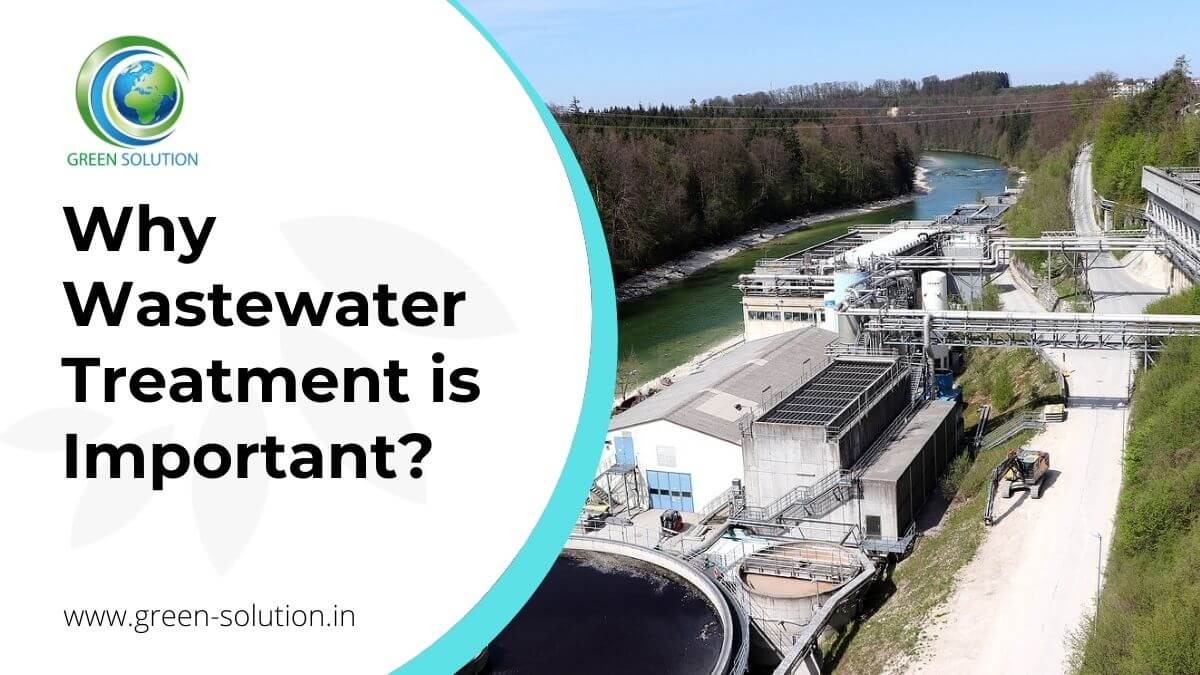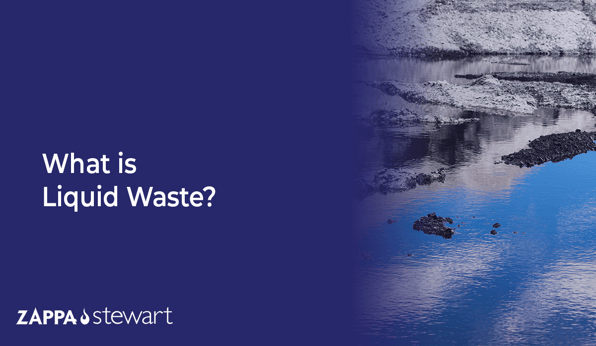How Reclaim Waste can Save You Time, Stress, and Money.
How Reclaim Waste can Save You Time, Stress, and Money.
Blog Article
The Best Guide To Reclaim Waste
Table of ContentsThe 7-Second Trick For Reclaim WasteLittle Known Questions About Reclaim Waste.Reclaim Waste Can Be Fun For EveryoneSome Known Details About Reclaim Waste The Ultimate Guide To Reclaim Waste
Residential sewer waste refers to the waste and products from a property septic storage tank. The appropriate administration and disposal of domestic sewer waste need fluid waste to be transferred to a sewage treatment plant where the proper approaches and devices are used to purify and dispose of waste.
Business waste usually consists of prospective risks, such as flammable materials or a combination of fluid and strong waste items, and calls for an advanced and comprehensive disposal process. The disposal of industrial waste commonly involves the purification of waste prior to transport to make certain secure and proper disposal. Industrial waste is developed from byproducts and runoff of commercial processes and production.
This type of waste can not use the same sewage monitoring transportation or procedures as septic or industrial fluids. The hazardous waste monitoring process needs the examination and testing of liquid waste prior to it goes through the disposal procedure (liquid waste removal). Overflow waste is the liquid waste that comes from overflow and excess stormwater in extremely inhabited areas or cities
Drainage waste can create contamination and flooding if not dealt with appropriately. Discover more regarding drain cleaning and waste administration. Ensuring proper waste management can stop calamities and lower ecological harm. Both individuals in household setups and experts in industrial or production industries can profit from recognizing the procedures and regulations of liquid waste management.
10 Simple Techniques For Reclaim Waste
Call PROS Providers today to discover our waste monitoring and disposal solutions and the appropriate ways to take care of the liquid waste you produce.
(https://trello.com/w/reclaimwaste1/)This supposed 'wastewater' is not only an essential source yet, after treatment, will certainly be released to our land, rivers or the ocean. Made use of water from commodes, showers, baths, kitchen sinks, washings and industrial procedures is known as wastewater.

water utilized to cool machinery or tidy plant and equipment). Stormwater, a kind of wastewater, is overflow that moves from agricultural and city areas such as roof coverings, parks, gardens, roadways, paths and rain gutters into stormwater drains pipes, after rainfall. Stormwater flows without treatment directly to regional creeks or rivers, eventually reaching the sea.
The Ultimate Guide To Reclaim Waste
In Queensland, most wastewater is dealt with at sewage treatment plants. Wastewater is moved from residential or industrial sites via a system of drains and pump stations, known as sewage reticulation, to a sewer treatment plant.
The Department of Natural Resources suggests city governments about handling, operating and keeping sewage systems and treatment plants. In unsewered areas, regional governments might call for owners to set up private or family sewage therapy systems to deal with domestic wastewater from commodes, kitchen areas, restrooms and laundries. The Department of Natural Resources authorises making use of household systems when they are confirmed to be efficient.
In some new subdivisions, treatment of some stormwater to get rid of litter, sand and crushed rock has started utilizing gross contaminant catches. Wastewater treatment takes place in 4 phases: Removes strong matter.
Utilizes little living organisms knows as micro-organisms to break down and eliminate continuing to be liquified wastes and great particles. Micro-organisms and wastes are integrated in the sludge.
The Single Strategy To Use For Reclaim Waste
Nutrient elimination is not readily available at all sewer therapy plants due to the fact that it calls for pricey specialised equipment. Clear fluid effluent created after treatment might still have disease-causing micro-organisms - liquid waste disposal.

Many wastewater flows into the sewage system. Under the Act, local federal governments provide approvals and permits for eco appropriate activities (Periods) involving wastewater releases that could have a regional impact.
Reclaim Waste for Beginners
Tracking offers accurate details about water quality and can verify that permit problems are being fulfilled. The details acquired through monitoring supplies the basis for making water high quality decisions.
Report this page